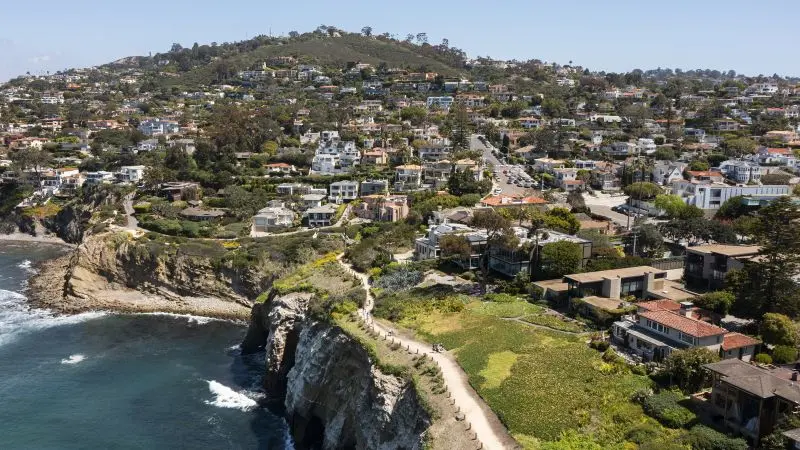- cross-posted to:
- housing_bubble_2@lemmy.world
- cross-posted to:
- housing_bubble_2@lemmy.world
The number of US cities where first-time homebuyers are faced with at least a $1 million price tag on the average entry-level home has nearly tripled in the past five years, according to new research.
A Thursday report from Zillow indicates that a typical starter home is now worth $1 million or more in 237 cities, up from 84 cities in 2019, underscoring America’s ongoing home affordability crisis.
“Affordability has been strained across the board,” Orphe Divounguy, a senior economist at Zillow, said. “We see the largest number of million-dollar starter homes in expensive coastal markets. We see them in markets with very low homeownership rates and we see them in markets with more building regulations.”



I think we’re working with different definitions for ‘starter home.’ To me, ‘starter home’ is a real estate agent’s euphemism for ‘undesireable shithole.’ It is a home you expressly do not want to live in long-term. It’s temporary housing to build equity while you’re young, able to sacrifice living standard and comfort, and waiting to earn enough to upgrade to an actually desirable house.
From the goalposts you’re moving, it sounds like you think a starter house is somewhere affordable that you’d be willing to move into today and live indefinitely. And yeah, that’s probably going to be unavailable to most people. Most people don’t get to live in their dream house in an ideal neighborhood. Never have.
You do realize that you’re calling a house that costs hundreds of thousands of dollars an undesirable shithole, right? I think you’re proving my point.
What exactly is your point? Because my point is that undesirable shitholes costing hundreds of thousands of dollars is a more pressing problem, with different solutions, than not being able to find a house in Beverly Hills under $4M.
So your point had nothing to do with the article, which isn’t about $4 million Beverly Hills homes (which would be cheap for BH)?